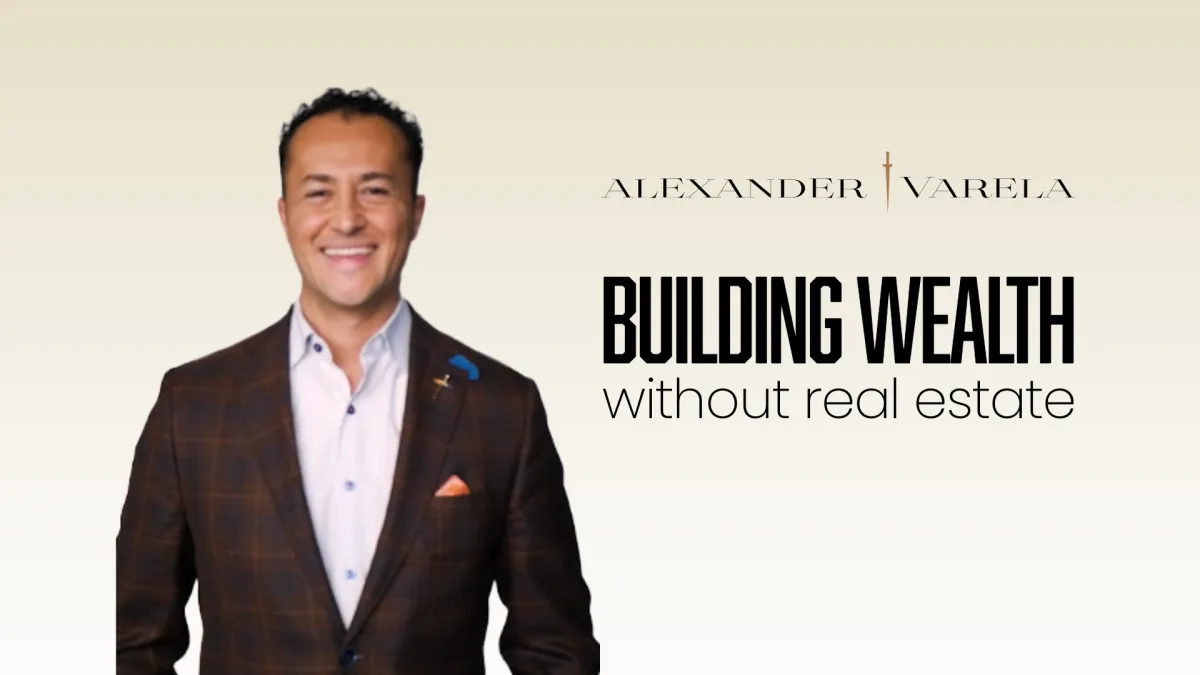
Building Wealth Without Real Estate
In the quest to build financial security, real estate—particularly homeownership—has long been touted as the cornerstone of wealth building for the average American. While this conventional wisdom holds significant merit for many, particularly those in the lower and middle-income brackets, it's essential to understand that real estate isn't the only path to financial prosperity.
The Home Advantage
Before exploring alternatives, it's worth acknowledging why homeownership remains powerful for wealth creation among the working and middle classes. A home purchase typically provides:
Forced savings: Monthly mortgage payments gradually build equity, creating a form of automatic saving that many struggle to maintain otherwise.
Leverage: With relatively small down payments (often 3-20%), homeowners can control an asset worth significantly more, magnifying returns when property values increase.
Tax advantages: Mortgage interest deductions and capital gains exclusions provide substantial tax benefits unavailable to renters.
Inflation hedge: Housing costs typically rise with inflation, while fixed-rate mortgages remain constant, creating an increasing spread between market value and loan balance.
Wealth transfer: Homes can be passed to the next generation, creating intergenerational wealth.
For families with modest incomes, these advantages often represent their most accessible wealth-building opportunity, as the structure of homeownership creates discipline that might otherwise be difficult to maintain.
Building Wealth Beyond Bricks and Mortar
Despite real estate's advantages, there are legitimate paths to wealth that don't involve property ownership. These alternatives may be particularly suitable for certain lifestyles, career trajectories, or regional economics:
1. Stock Market Investments
With disciplined, long-term investing in low-cost index funds, the stock market has historically delivered returns comparable to or exceeding real estate. Unlike property, stocks:
Require no maintenance or property management
Can be purchased in small increments over time
Offer immediate liquidity when needed
Provide global diversification
2. Retirement Accounts
Maximizing contributions to tax-advantaged retirement accounts like 401(k)s and IRAs creates a powerful wealth-building engine through:
Tax deductions on contributions
Tax-deferred or tax-free growth
Possible employer matching (essentially free money)
Protection from creditors
3. Building Human Capital
Investing in education, skills, and career advancement often yields the highest returns of all. Increasing earning power through:
Advanced degrees or certifications
Specialized skills development
Entrepreneurship and business ownership
Strategic career moves
4. Alternative Investments
Beyond stocks and bonds, other assets can build significant wealth:
Small business ownership
Peer-to-peer lending platforms
Intellectual property development
Digital assets and online businesses
Finding Your Balance
The optimal wealth-building strategy isn't a one-size-fits-all proposition. For many in the middle class, combining homeownership with other investment vehicles creates the most robust approach. Those choosing to forgo real estate should compensate with heightened discipline in alternative saving and investment patterns.
What matters most isn't which vehicle you choose for wealth building, but that you consistently allocate resources toward long-term financial security. The renter who diligently invests the cost difference between renting and owning can potentially outpace the homeowner who stretches their budget too far.
Ultimately, wealth accumulation depends more on saving rate, investment consistency, and time in the market than on which particular asset class you favor. Whether through real estate or alternatives, the fundamental principles remain the same: spend less than you earn, invest the difference wisely, and let time and compounding work their magic.


